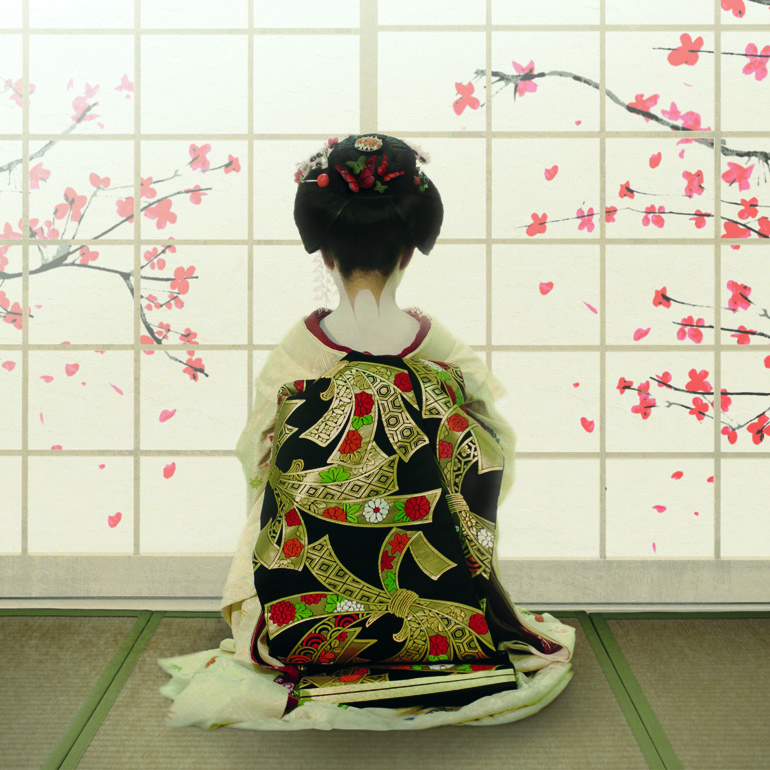The problem I have with many a tragic love story (the tragedy is usually for the woman it has to be said) is that often it is not at all clear why the woman should give a fig for the man. I had this feeling recently in the otherwise excellent Jane Eyre: what on earth did she see in Rochester who spent the whole time being grumpy. In Puccini’s popular classic I had the same discomfort, multiplied several times by the fact that Pinkerton is clearly a complete cad (today we’d call him an arsehole).
The plot is enough to make any half decent feminist’s blood boil: visiting American naval Lieutenant, Benjamin Franklin Pinkerton, man of the world, an officer but not a gentleman, decides it would be fun to take a beautiful young geisha as his bride in the belief that Japanese custom would allow the simple dissolution of the marriage following a decent period after his departure. Part of the attraction, aside from her youth and beauty, is the submissive nature with which she has been nurtured. ‘She obeys my every whim’, he remarks salaciously to the American Consul, Sharpless. It all goes (metaphorically) tits up when Cio Cio San (Butterfly) falls in love with Pinkerton who promptly departs, but not before getting her with child. The rest of the opera could best be described as, ’Waiting for Pinkerton’.
The rest of the plot such as it is, the note telling her to forget him and so on is secondary to the musical portrayal of the psychological contours of Butterfly’s patient belief. This is Puccini’s greatness in Madam Butterfly, even though we, as the audience, know the poor girl’s love is doomed even before Pinkerton’s return with his American wife, we are nonetheless we share in her inner vigil.
Without much in the way of plot the opera concentrates on emotion. In last night’s performance the role of Butterfly was taken by Stephanie Corley, whose fine soprano voice and fluid movements were the perfect tools for articulating the character’s inner journey to suicidal despair. In one way we might consider the chamber sized orchestra to be better suited to the setting and intimate theme. In any case the orchestra under Jonathan Lyness was in perfect balance with venue, setting and cast.
John Pierce as Pinkerton was seedy rather than suave, but his strong, clear tenor voice was a suitable unthinking foil and match for the delicate Butterfly. Craig Smith’s Sharpless brought some kind of moral perspective which was supported by the authority of his rich baritone. Miranda Westcott as Suzuki brought sensitivity to the role of Butterfly’s maid and Stephen Anthony no more nor less obsequiousness than was required as Goro.
The Tobacco Factory is a relatively small space for an opera, but Opera Project are no strangers to the venue and familiarity has bred content in Richard Studer’s beautifully judged and restrained set of layered levels which adds to the feeling of, on the one hand serenity and calm precision – carried through to the movements of Butterfly and the other Geishas – and on the other, the cultural claustrophobia in which they are virtually imprisoned.
For opera fans the novelty of a chamber production where there is no hiding place for emotional rather than vocal range is a must and this production offers much to delight. ★★★☆☆ Graham Wyles 11/10/14


